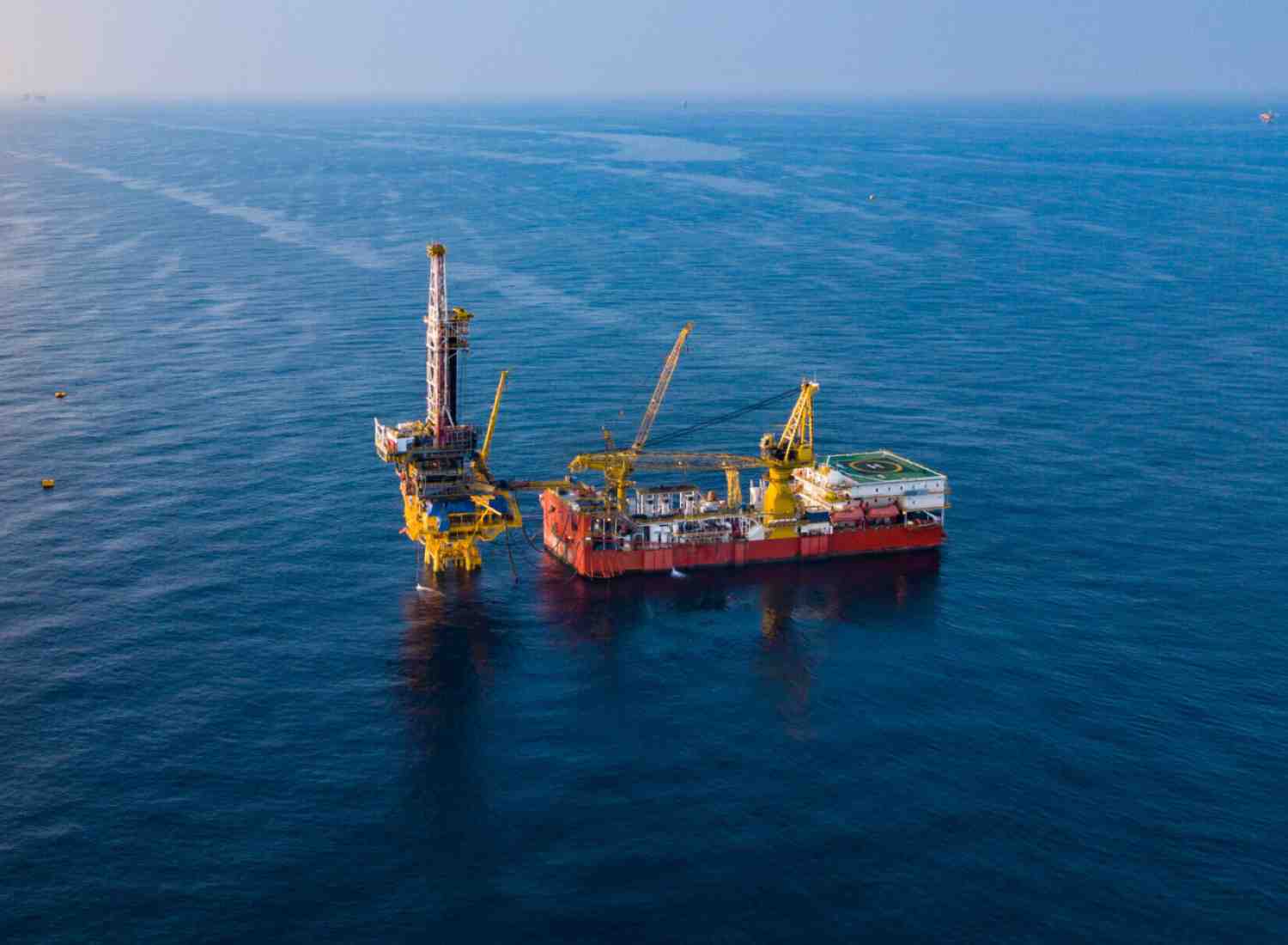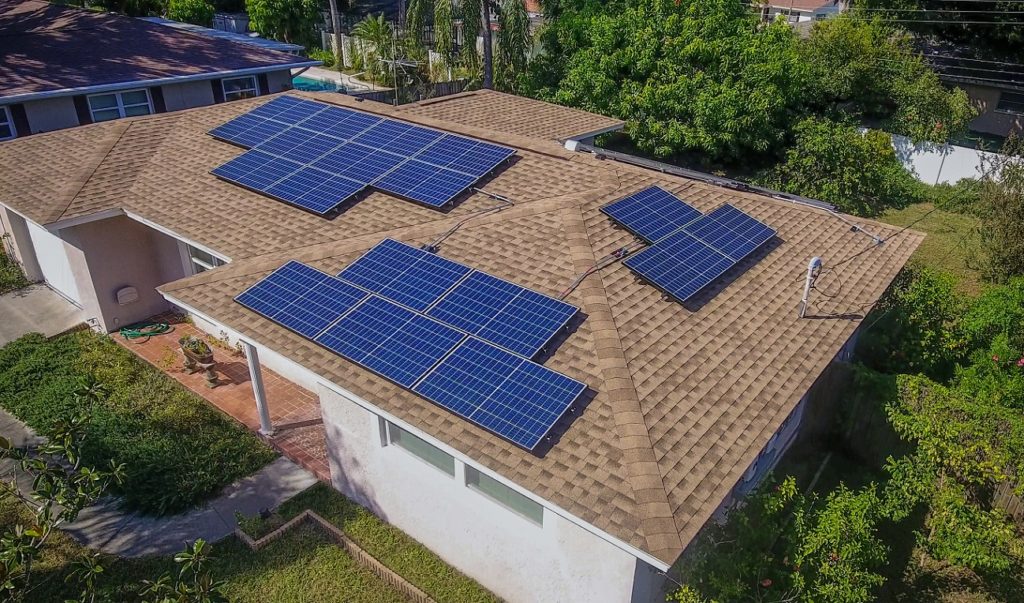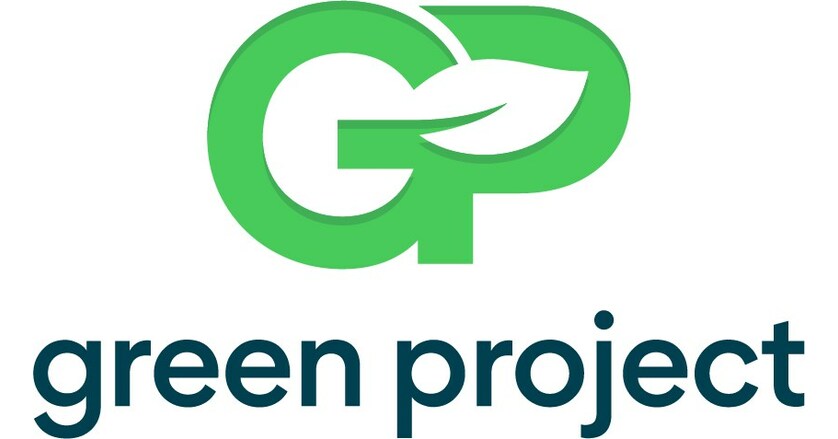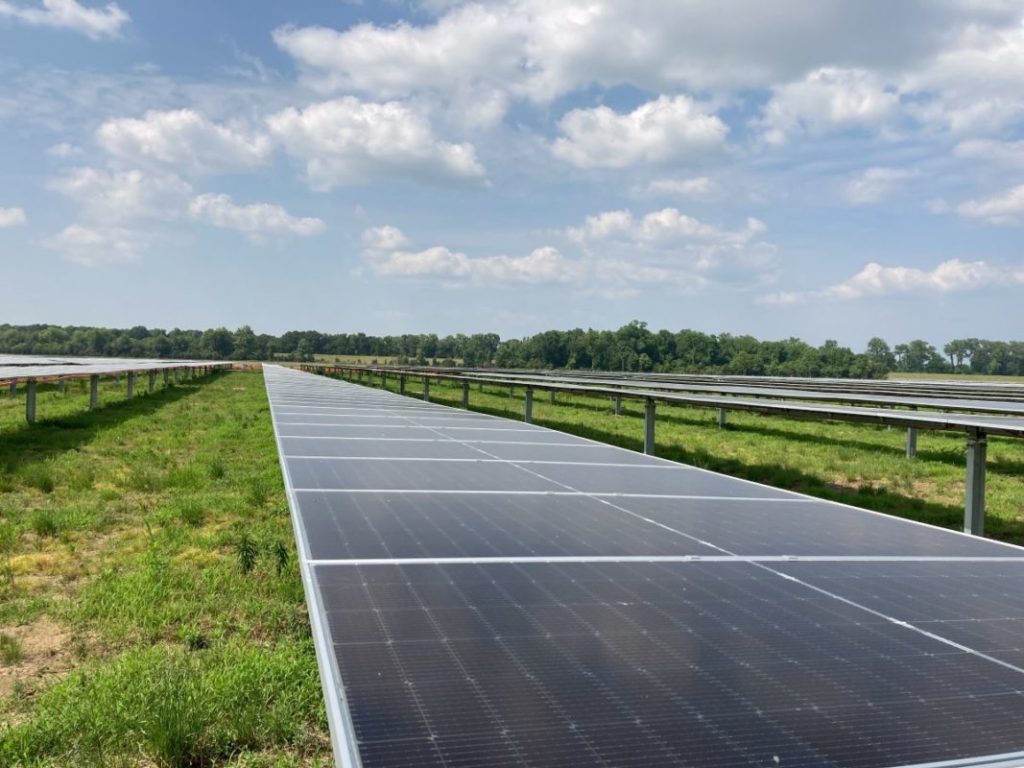Namibia and Guyana are emerging as major players in the global energy market, surpassing traditional African oil producers like Algeria, Nigeria, Libya, Egypt, and Angola. These legacy producers have long dominated the field, but new discoveries and strategic investments are shifting the balance. Namibia and Guyana are attracting significant energy investment, thanks to recent oil and gas discoveries.
Guyana’s Swift Rise in the Energy Sector
Guyana has rapidly become a key player in the energy market. Since the discovery of its potential 11-billion-barrel oil reserve in 2015, the country has seen swift development. By 2020, ExxonMobil started producing oil through its Liza Phase 1 project. Guyana is now one of the fastest-growing economies globally, with ExxonMobil approving its sixth oil development in the country by April 2023. This strategic advancement puts Guyana on track to potentially surpass Venezuela in crude production.
Namibia’s Promising Future in Energy Investment
Namibia is following a similar path to Guyana, with significant discoveries in the Orange Basin. These suggest the country could hold up to three billion barrels of oil and 8.7 trillion cubic feet of natural gas. Shell and TotalEnergies have committed substantial portions of their 2024 exploration budgets to Namibia, and other major players like Chevron and Galp are planning offshore exploration. Namibia is becoming a leader in African oil and gas investment.
Challenges for Legacy Producers
Nigeria, Africa’s largest oil producer, is struggling to attract the necessary investment to maintain its output. Security issues, oil theft, vandalism, and legal uncertainty are major deterrents for investors. The country needs $25 billion annually to sustain its oil production at around 2 million barrels per day. However, oil majors are divesting from Nigeria and shifting their investments to more stable regions, such as Angola.
Strategic Advantages of Newcomers
Guyana and Namibia are leveraging their newfound resources effectively. Guyana’s Petroleum Activities Bill, passed in August 2023, offers a stable and investor-friendly regulatory environment. This includes fiscal stability clauses in petroleum contracts, protecting energy companies from negative impacts of legislative changes. Namibia is also updating its tax laws and regulatory framework to create a conducive environment for upstream activity. Officials from NAMCOR have even visited Guyana to learn from its successes and challenges.
Future Outlook
Namibia and Guyana are setting benchmarks for sustainable energy investment and development. Their strategic initiatives align with global energy market trends, where green energy policies and investments in solar energy and storage technologies are gaining momentum. As the solar energy market continues to grow, these newcomers are well-positioned to attract substantial investment and drive significant economic growth.
Source: africa.com





